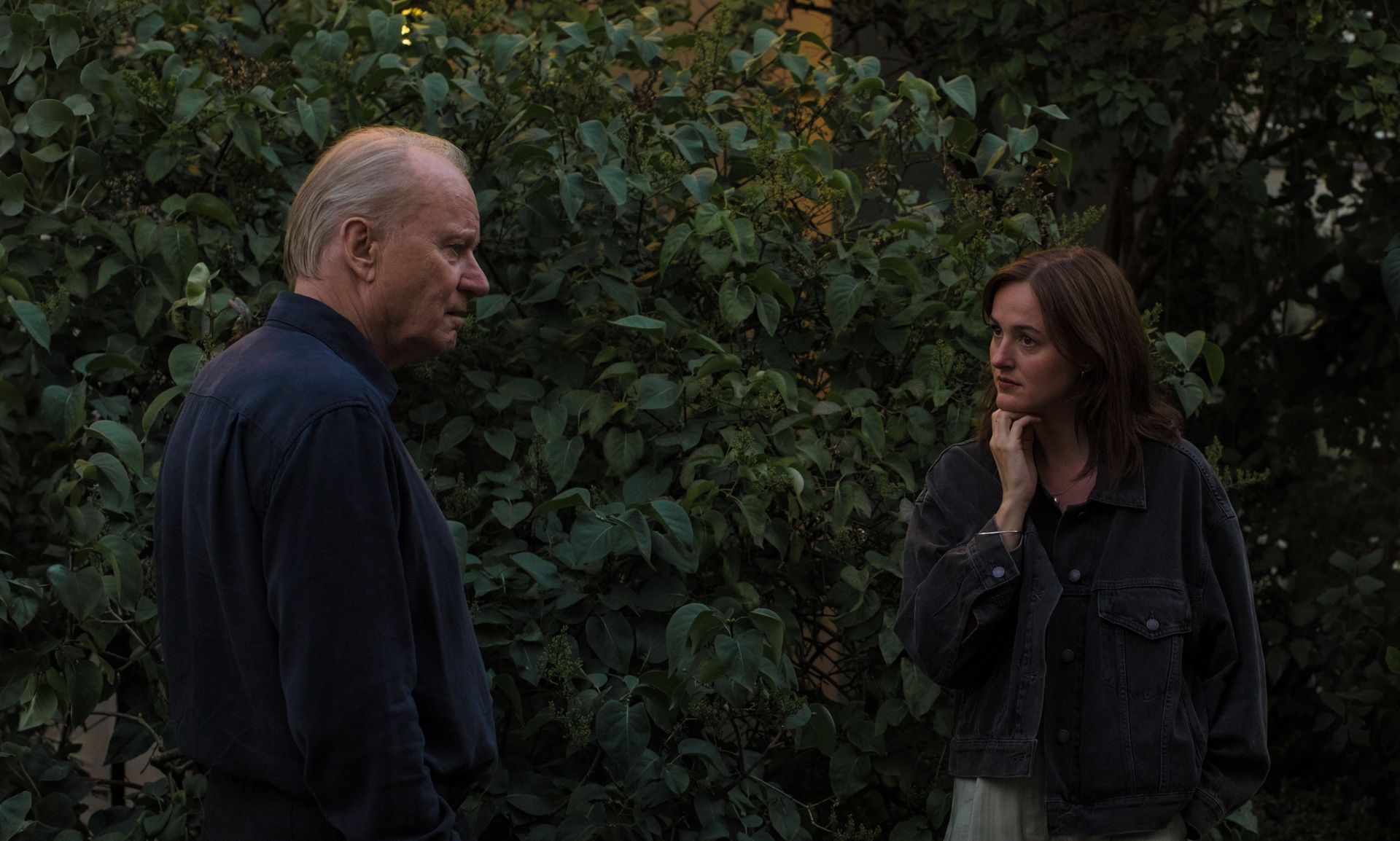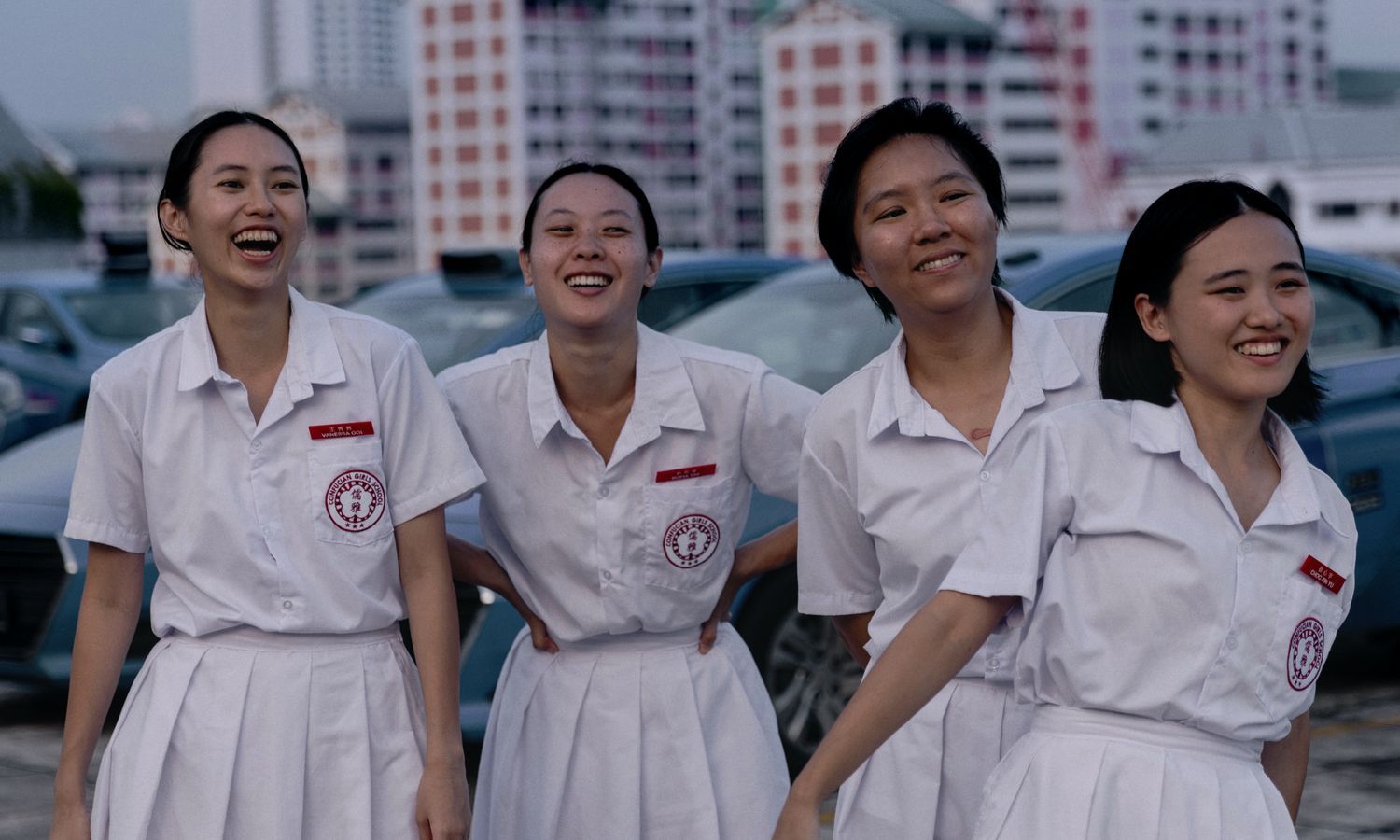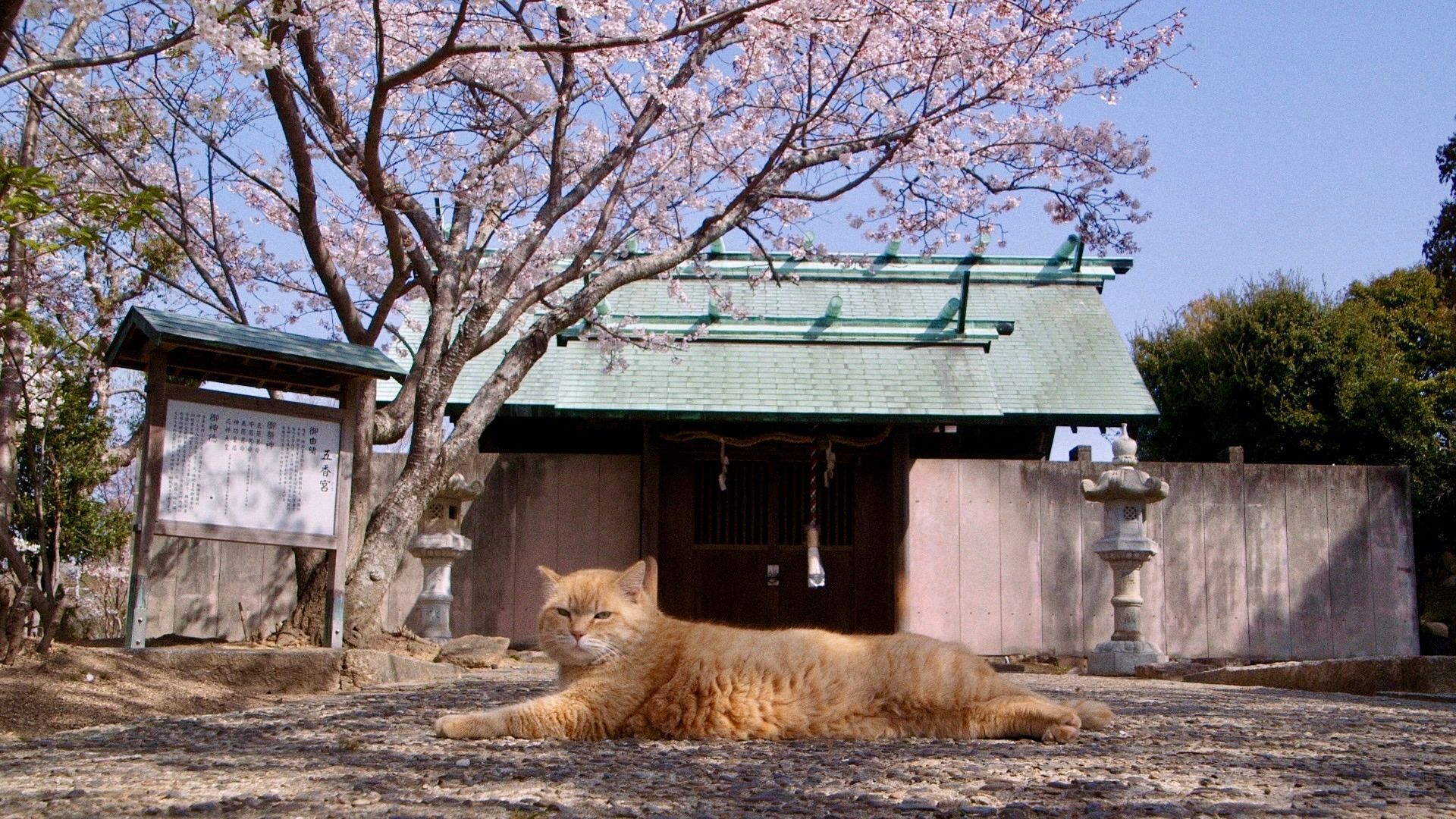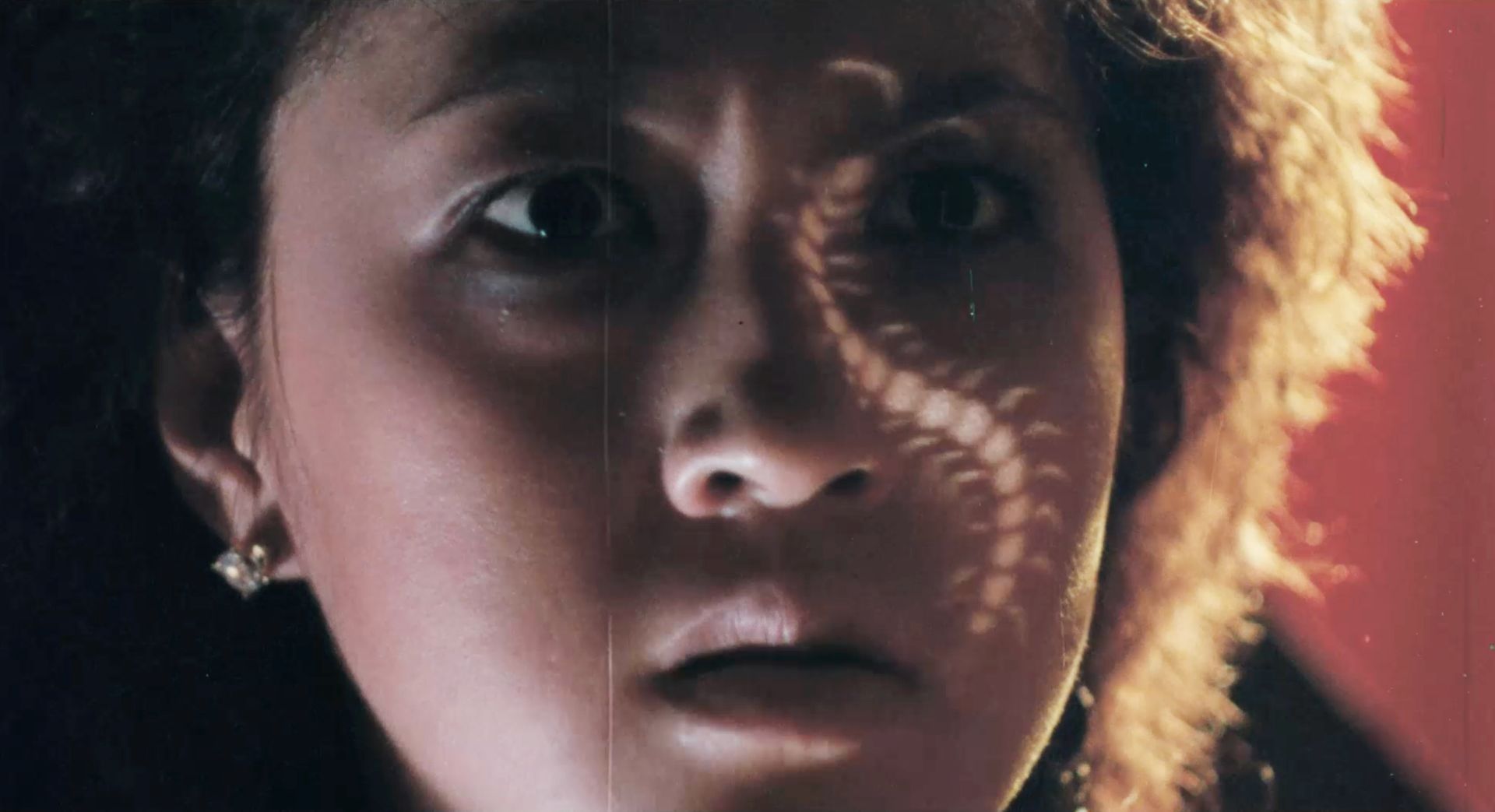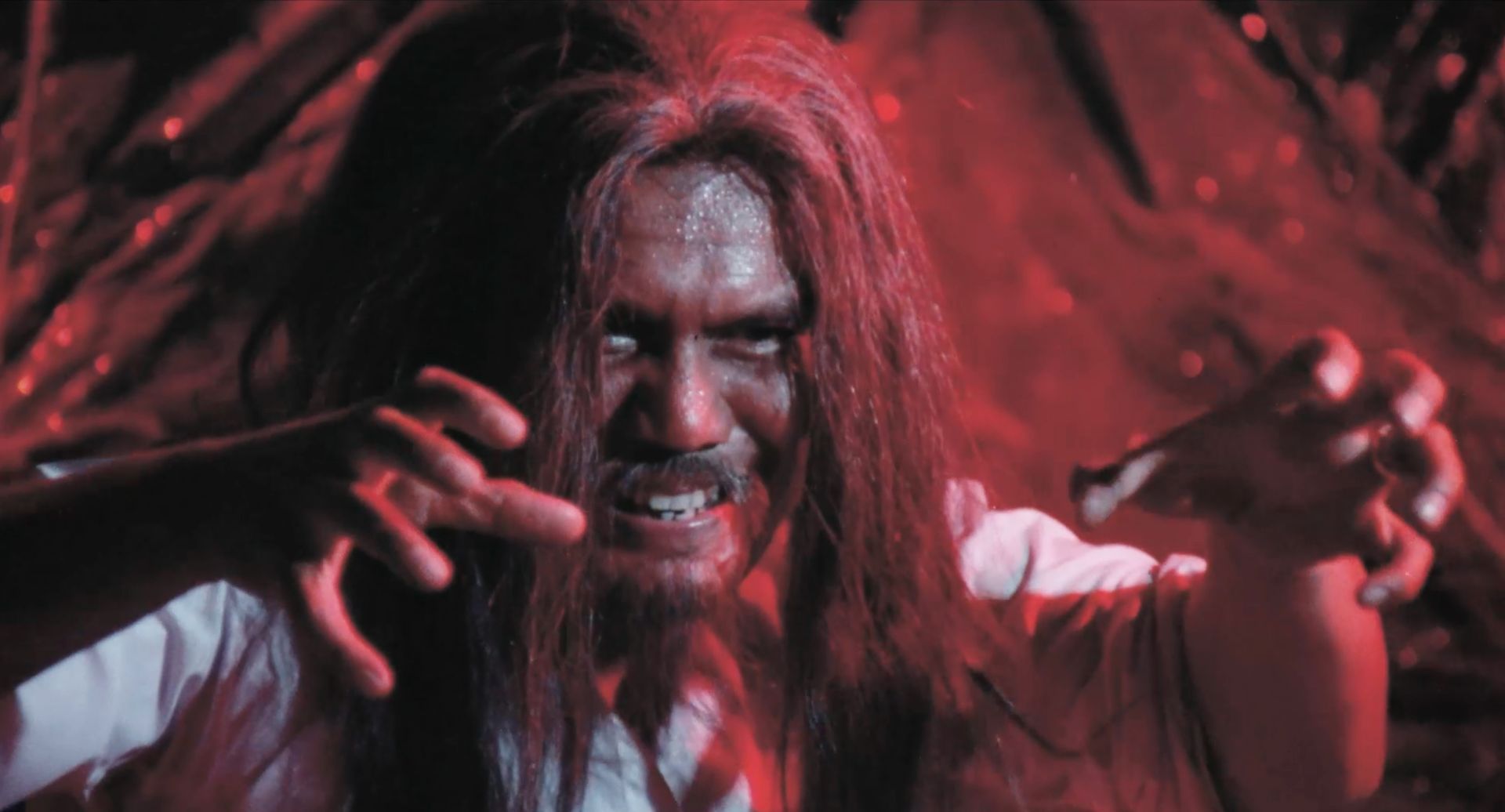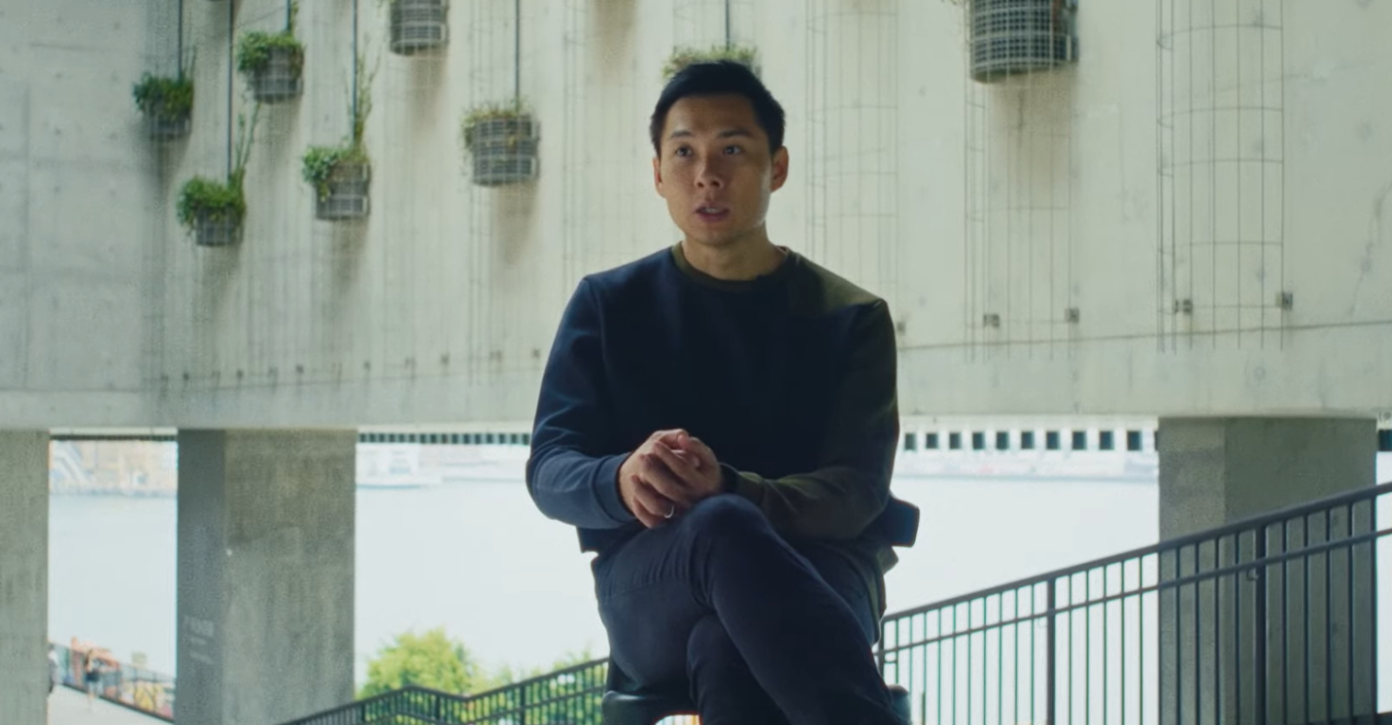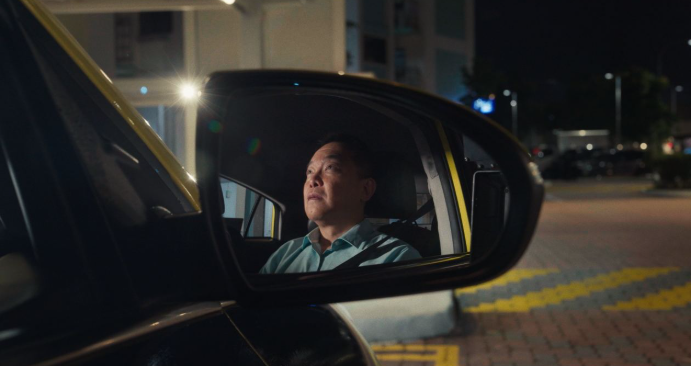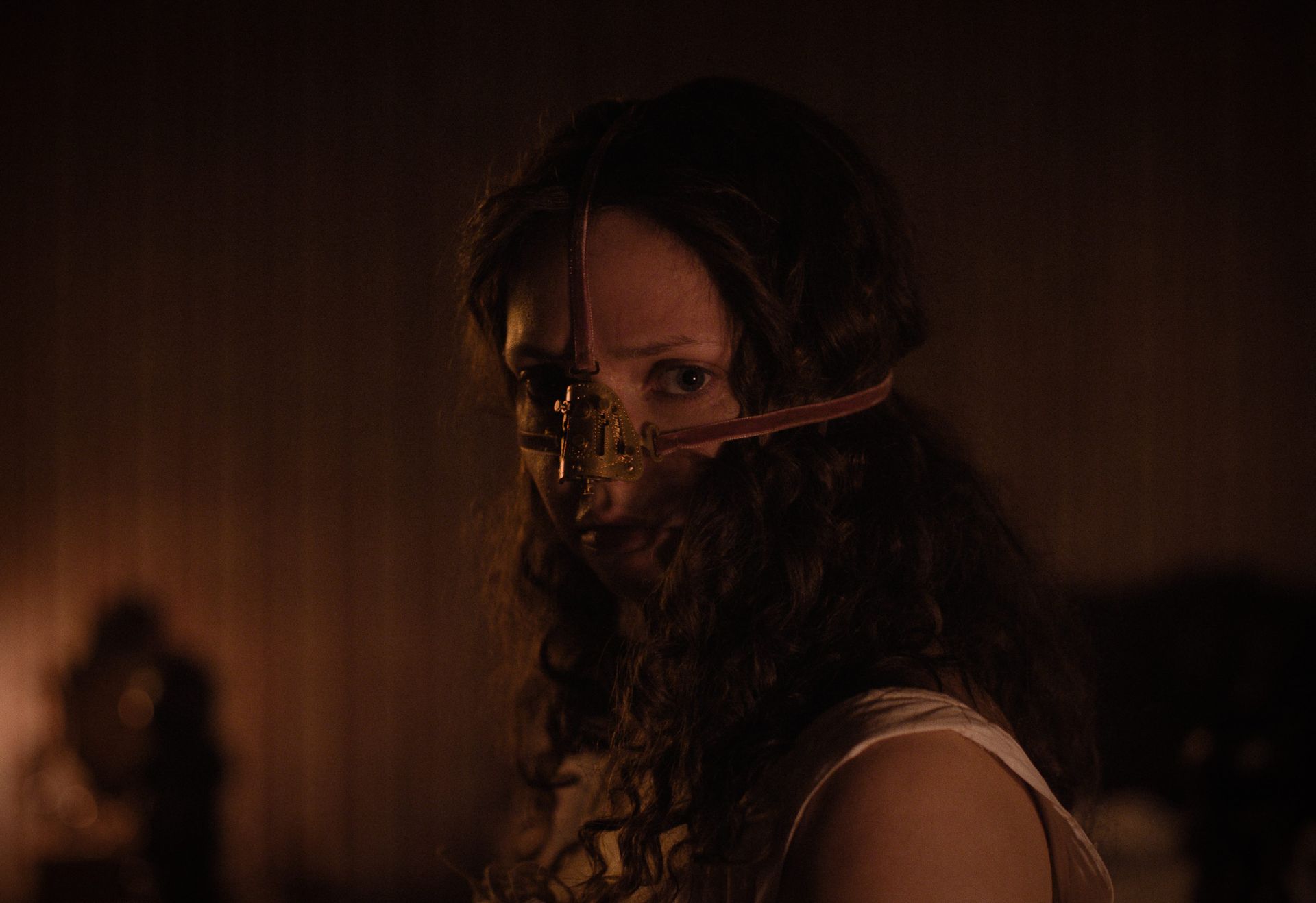Commentary: THE MURMURING SALT
Commentary – The Murmuring Salt: Royston Tan’s Health Promotion Board videos
After a series of conflicts with authorities over his much-celebrated but equally censored works 15 (2003), Royston Tan left Singapore in 2003. From that point, his name became naturally associated with the subversive and rebellious undercurrent of Singapore’s local juvenile gang culture. His explicit and authentic depictions of violence, hormonal intensity, and the vitalistic yearning to live fully in the face of looming death have remained central motifs throughout his creative career.
In recent years, Tan has increasingly participated in public projects, including the 2020 and 2023 National Day Parades, collaborations with government agencies such as the Ministry of Communications and Information (MCI), and direct involvement in the 2023 Presidential Election. Financially, he acknowledged that “income from shooting advertisements is more stable than making movies”. Strategically, such projects are crucial for staying relevant in the local art scene. Politically, he has moved beyond the naiveté of juvenile passive-aggressiveness and self-destruction, now aiming for active intervention.
However, this hope seems destined to be in vain. His two recent low-sodium-diet campaign videos, commissioned by the Health Promotion Board (HPB), illustrate how creative individuals can be exploited by state power under the guise of public welfare. In the best case, one loses their independent voice. In the worst case, they become indistinguishable from power itself, perpetuating its dominance and serving conservative forces.
Salt (verb): 3 fraudulently make (a mine) appear to be a profitable one by placing rich ore into it.
--Oxford Languages
Both For the Love of Taste (2024) and Trust No Tongue (2023) parody various Hong Kong cinema genres. In Taste, it’s Wong Kar-Wai’s famous steakhouse scene from In the Mood for Love (2000), where Maggie Cheung and Tony Leung subtly hint at their intense yet immoral feelings for each other. The original scene is intimate and emotional, with a sense of privacy heightened by tight composition and restrained camera movement. The conversations are deliberately understated and pretentiously casual, yet beneath the surface, emotions rage. This underlying tension collapses the world into a suspended space that solely encompasses the two lovers. Alain Badiou’s notion that love is the truth of ‘Two’ may serve as the perfect footnote to this scene.
In Tan’s parody, the safety of the world of ‘two’ in the original scene is replaced by instability brought on by the presence of ‘the third’. Throughout the first half of the conversation, the audience is repeatedly led to believe that the two lovers are about to end their relationship, as they are each the ‘third’ in the other’s marriage. This uncertainty is heightened by deliberately breaking spatial continuity, using techniques such as shooting into mirrors. Only at the end of the scene is the punchline revealed – the ominous ‘third’ is none other than salt.
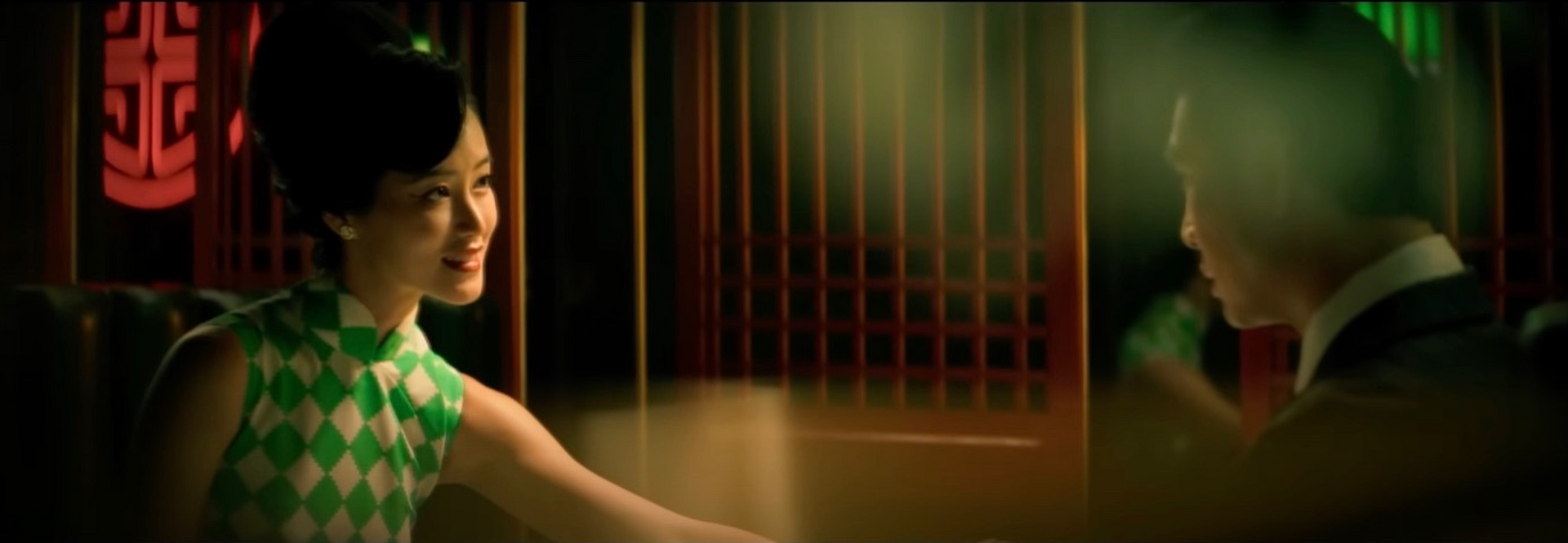
However, the punchline simultaneously suspends the validity of the story with its absurdity. There is no logical connection between ‘salt’ and the rest of the plot. Why salt? One has to ask. Salt is so forcefully foregrounded, almost shoved into the audience’s face. The ‘salt’ could easily be anything ‘inserted’ at will. It could be Tony Leung smoking a cigarette (then it becomes an anti-smoking campaign), or Maggie Cheung drinking bubble tea (who knows? It then becomes an anti-sugar campaign). The point is, ‘salt’ is something violently inserted into the original narrative, disrupting a private sphere and a personal encounter. Its only validity is in its ability to catch us by surprise, momentarily making us believe ‘it is true.’ An elegant story is invoked to mask the lack of substance in the didactic message. Absurdity catches us off-guard, creates a temporary power vacuum, and produces an access point for power to install itself into the personal narrative.
Salt (verb): 3b to add something secretly
also: to insert or place secretly.
--Merriam-Webster dictionary
Tongue, on the other hand, draws from a less defined genre, blending elements of gangster and kung fu films. In Tan’s version, the personified organs, led by ‘Master Brain’, must catch the imposter who allowed the salt in. This plot appears to stand in stark contrast to the previous one – where the first appeals to absurdity, this one appeals to reason (the brain).
In fact, Tongue aligns perfectly with a Foucauldian critique of modern power, where power becomes invisible and is internalised by the individual in the form of self-surveillance. The organs no longer work together to sustain life; instead, they turn against one another, accusing and surveilling each other.
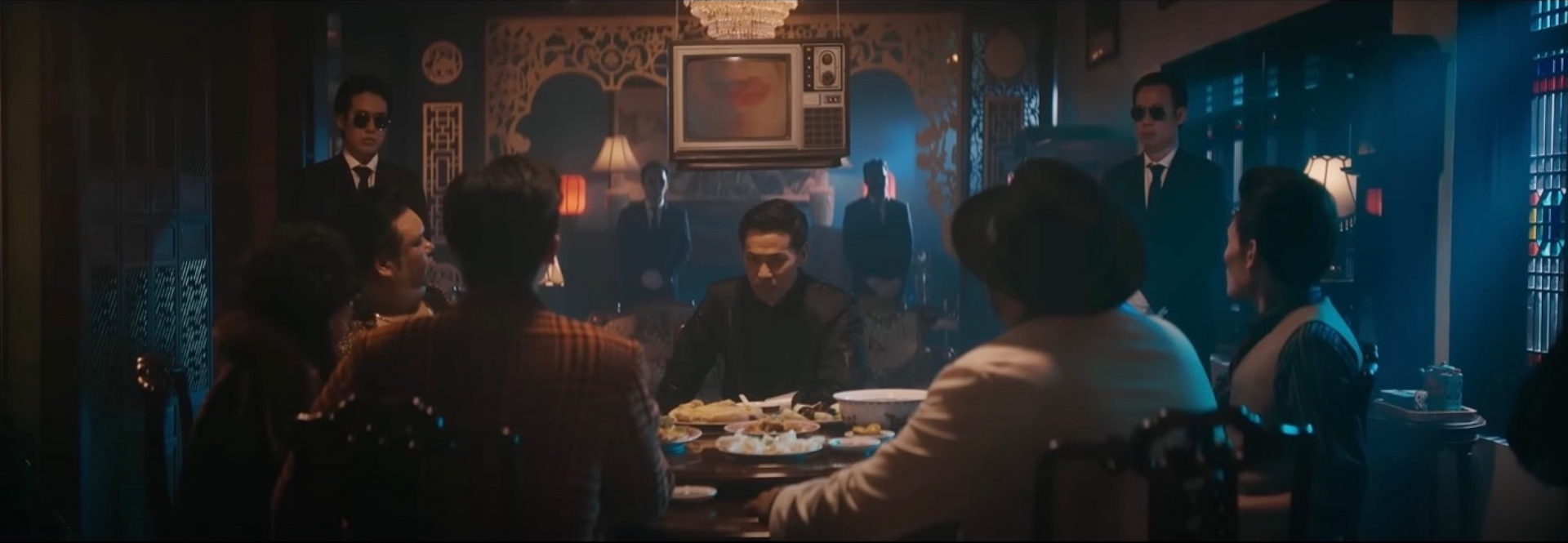
Nevertheless, the trace of power is still identifiable. In one scene, a TV is abruptly lowered from the ceiling, showing footage of a man devouring extra dipping sauce, prompting ‘Master Brain’ to accuse Mr. Tongue of consuming too much salt. But what do those second-person point-of-view shots on the TV even refer to? Whose ghostly perspective is this? Who is this camera that constantly surveils us as we go about our everyday lives?
Behind Royston Tan’s name echoes the insistent murmur of collective discourse, driven by the quiet force of state power.
All of a sudden, I find myself exhausted by the fake enthusiasm in the voice-over at the end of each video, boasting about the health benefits of a low-sodium diet. I can’t tell you how much I miss the rapid-fire rattling of the young gangsters in 15, reciting their gang poems. That voice feels so familiar, so genuine. It is not the voice of state power, but of our gangster friends from Moon Sect, Fury Hounds, East Dragon, 18 Umbrellas, Hup Soon Heng, Red Raiders, Froggie Gang, Upright Gang…
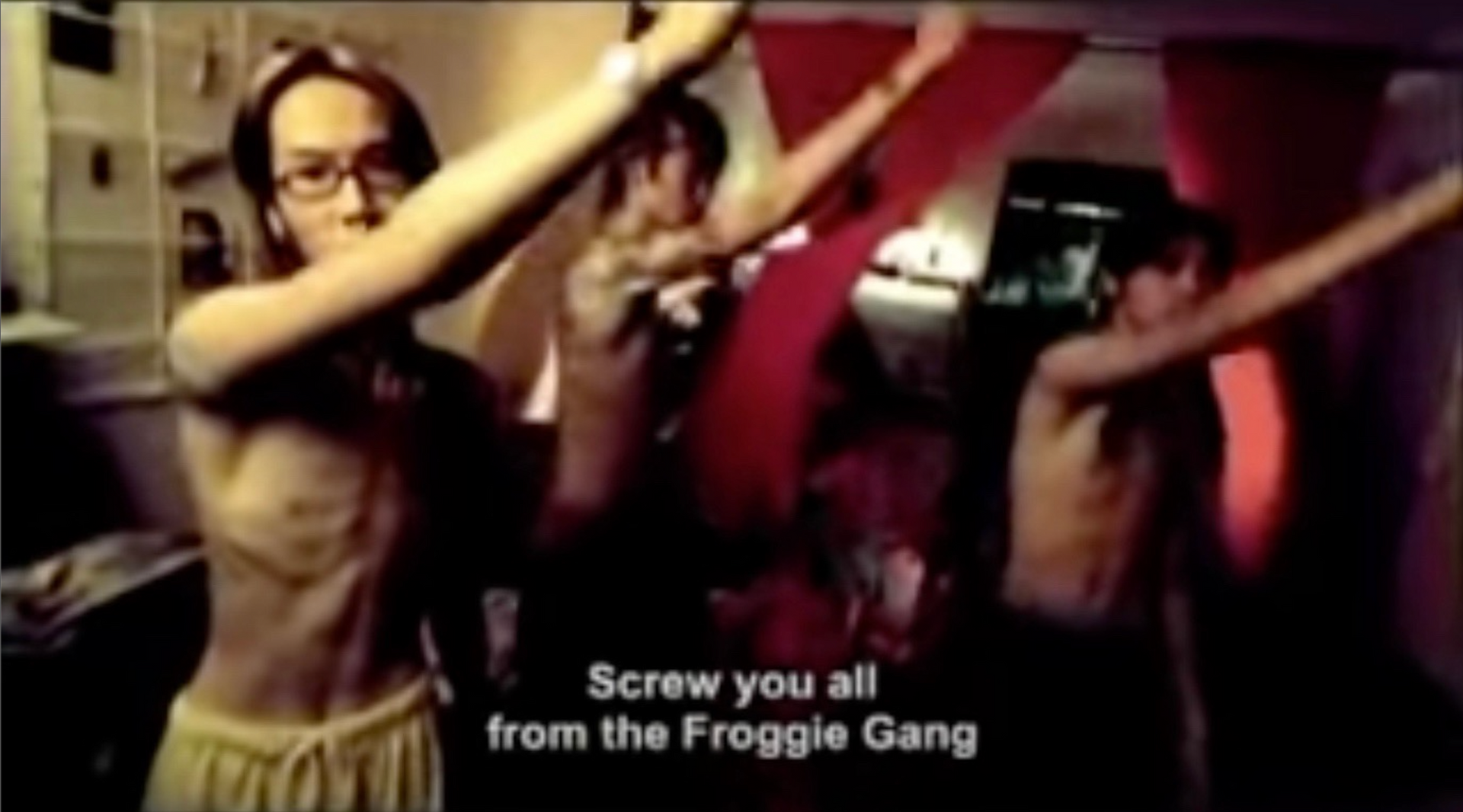
Needless to say, involving established filmmakers in welfare projects remains an efficient and convenient way to improve the visual quality of the campaigns and integrate artists into the public discourse. Both Tongue and Taste have gained around one million views on HPB’s YouTube channel, making them some of the platform’s top hits. Ideally, this can be a non-zero-sum game. In both Tongue and Taste, we can still see Tan’s clear effort to balance his role as a government mouthpiece with that of a stylistic director. It seems that all creative individuals involved in public projects often face a contradictory state of mind. On one hand, as advocates, they are tasked with engaging and influencing the public. On the other hand, as independent voices, they bear the responsibility of exposing power rather than concealing it. While didactic informational videos often explicitly showcase the state’s power but fail to engage the public, Royston Tan’s work highlights the other side of the same long-standing dilemma – with his undeniable artistic virtuosity, his engaging work unintentionally conceals the presence of power.
-------------------------
About the author: An omnivore in film, literature and philosophy.
This review is published as part of *SCAPE’s Film Critics Lab: A Writing Mentorship Programme, with support from Singapore Film Society.

